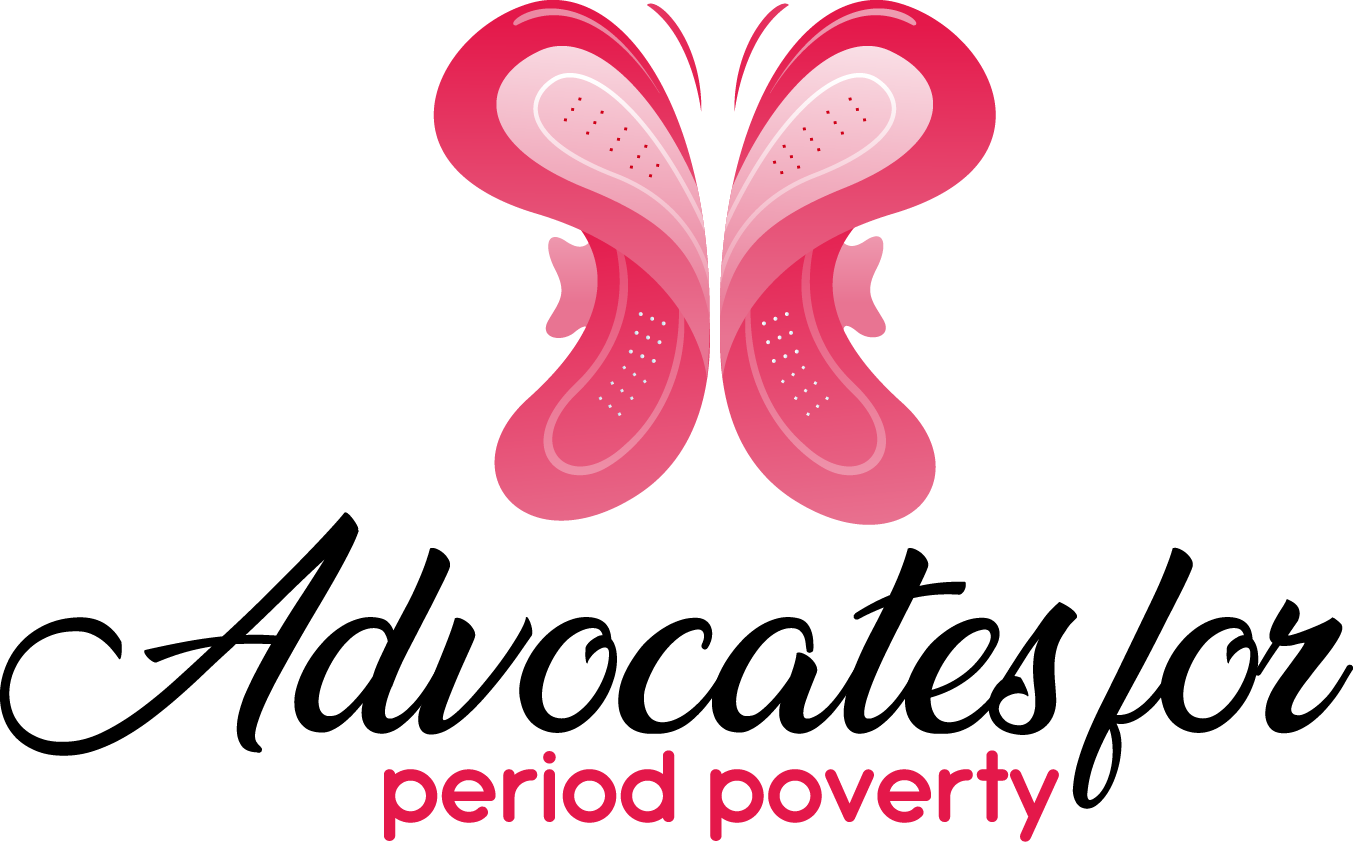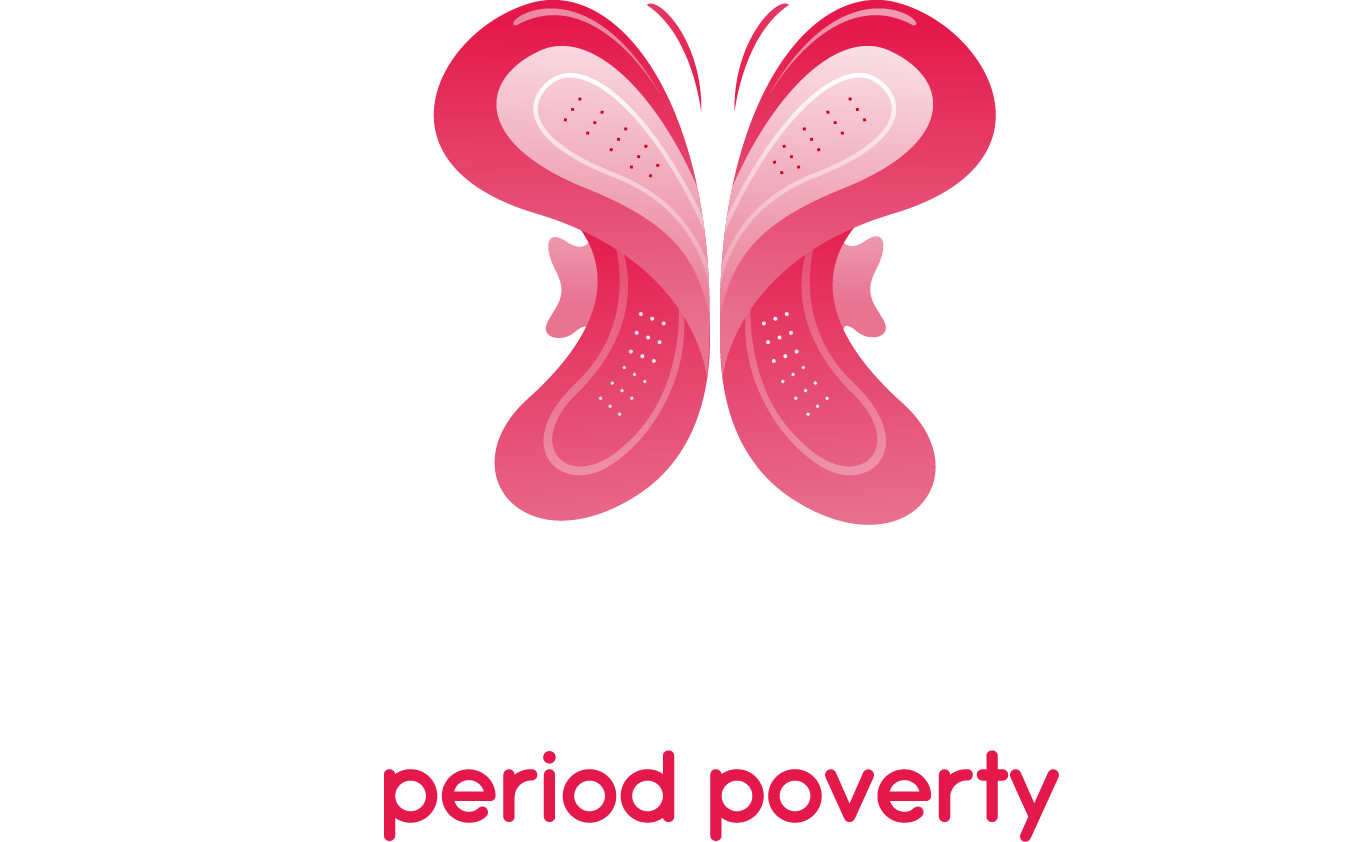We spoke to Robyn Steward, author of ‘The Autism-Friendly Guide to Periods’, to ask her about the specific challenges of, and top tips for, managing a period when you have autism. The full interview is available here- Autism Friendly Periods full interview
Note– Robyn’s book is the one Menstrual Matters recommends for all young people about to start their periods- it is the most straight-forward, comprehensive, and accessible guide we have found.
1. Do your homework
Having conducted a survey of 100 other autistic people who menstruate, Robyn found that the thing people worried about most was period pain:
“Autistic people can be hyper-sensitive to senses like sight, taste, touch and so on; or hypo-sensitive, meaning that they don’t take in enough information. Of course, within the autism community, there are lots of different sensory experiences. Sensory issues can vary according to different environments, different mental states and different senses. However, at least anecdotally, autistic people seem to be more sensitive to period pain… One theory to explain this is that lots of autistic people experience anxiety. Anxiety causes your muscles to tense up which, in turn, makes you more sensitive to pain.”
Robyn suggests that the best way to deal with such anxieties is to try to learn more about the menstrual cycle and why these changes occur: “If you know why it hurts, how it will affect your daily life and what you can do about it, then you can make a plan.” This is why Robyn’s book outlines all the bodily changes happening during the menstrual cycle and how to manage them.
[Note– Period pain is effectively reduced by the use of anti-inflammatory medication like ibuprofen, especially if taken daily from 2 days before menstruation is expected to begin. If pain is regularly severe and does not respond to this type of medication, please seek medical advice; you may have an underlying health issue such as endometriosis, fibroids, Pelvic Inflammatory Disease, or an infection. See our symptom-specific page for additional ways to alleviate period pain.]
2. Make a plan
Another issue that autistic people may experience is difficulty in executive functioning. Robyn explained: “Executive functioning is working out what to do and in what order to do it – for example, do you buy your milk before you go to the cinema or do you go to the cinema and buy your milk on your way home? If you go to the cinema first, then you have to make sure that you time your cinema trip for when the shops will be open.”
Periods obviously require quite a bit of executive functioning. You need to learn the sequence of changing a pad or a tampon and then remember to change them. Plus, if you do not track them, starting your period can also be a bit unpredictable. Robyn told us that kind of uncertainty can be difficult for autistic people to deal with:
“When you find blood in your knickers, you don’t have a lot of time to think about what you’re going to do about it. … Thinking about what to do before you get your period, making a clear plan and making sure all the supplies are there for when you need them can help you feel more prepared.”
Robyn’s book carefully outlines the process of using and changing different types of a menstrual product, with wonderful photos to help readers get a realistic understanding of what menstrual fluid and these products look like.


